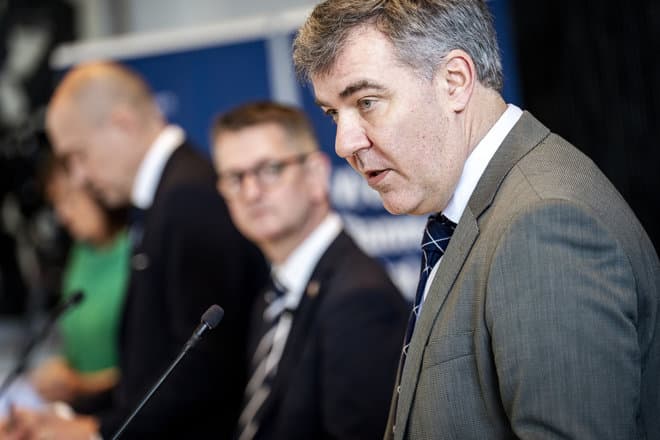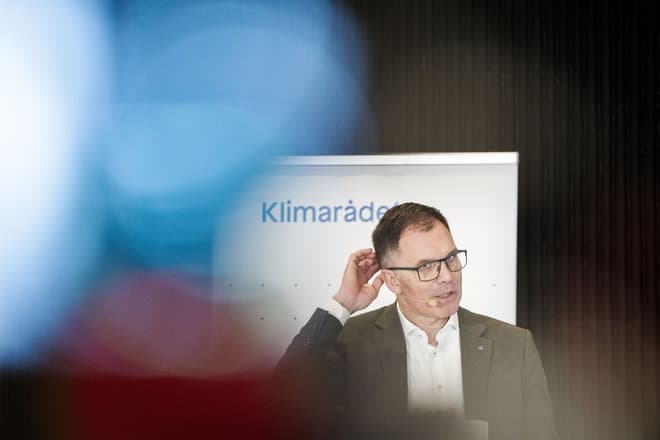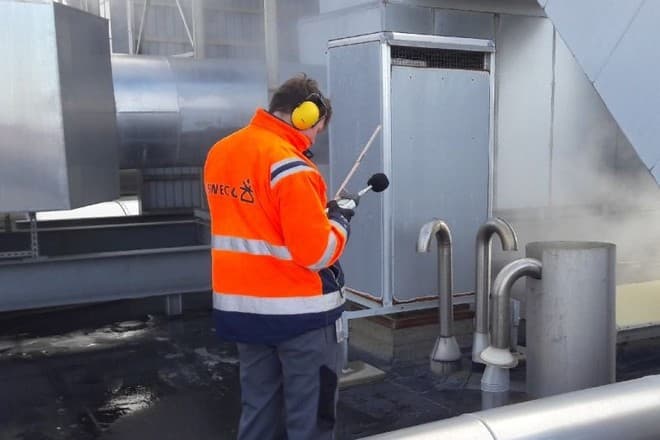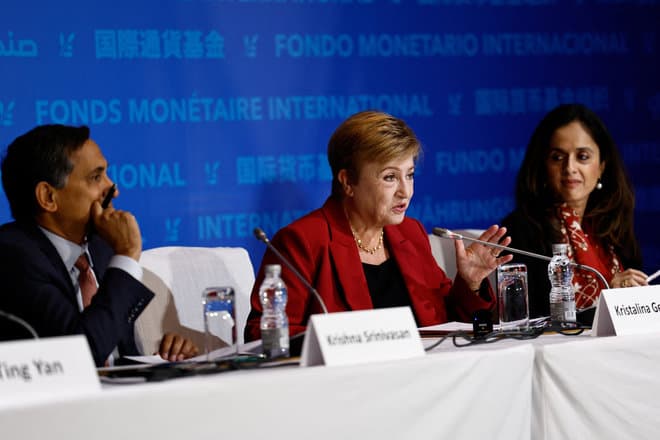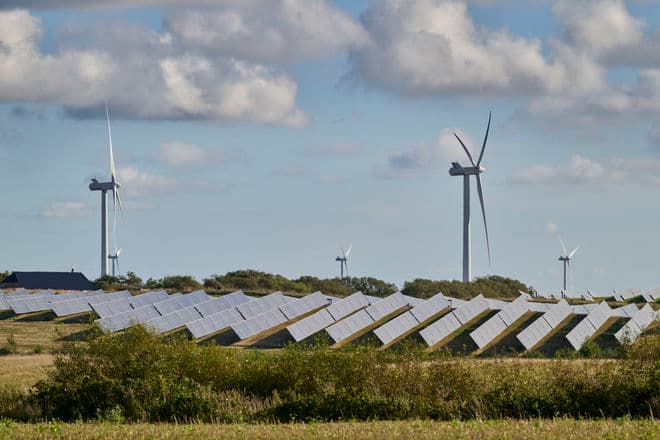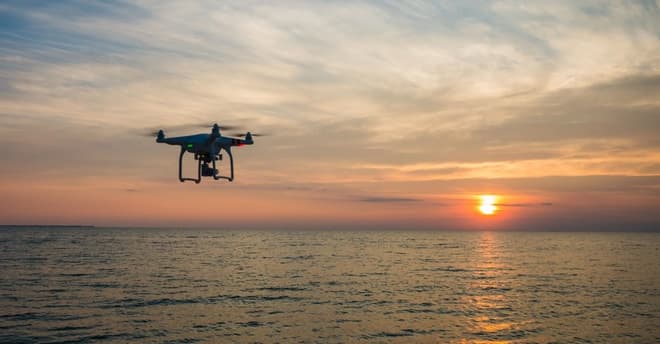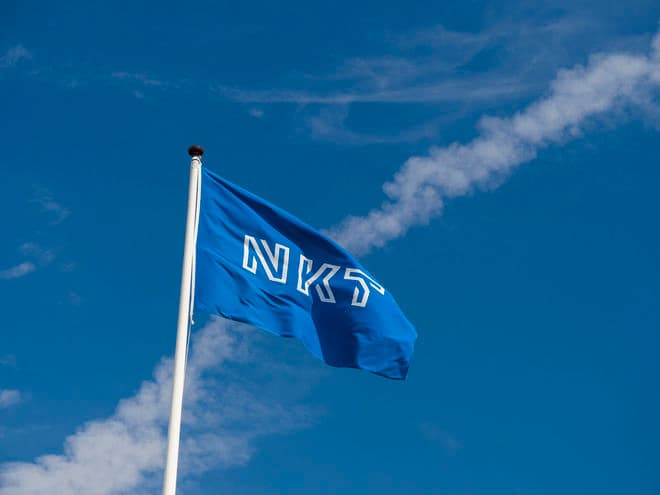
Drones have recently come into focus when a drone closed the airspace over Copenhagen Airport. Ports have also been in focus when several mysterious drones were observed over Køge Port in January 2025, which led to a police investigation as the flights were illegal because permission had not been granted.
A threat assessment from the Danish Agency for Social Security shows that the transport sector, including ports, is an 'attractive target' due to critical functions. Despite the incident, the director of Danish Ports, Tine Kirk, urges caution.
- You should not panic just because we have experienced drones over an airport or port. That is what the actors who send these drones want, she says in a presentation at the Danish Offshore Industry conference, which took place on Friday morning at the Music Hall in Esbjerg.
Political work in progress
However, legislative work is underway that will give ports, among others, increased powers to "neutralize uncooperative drones". It is not known what methods will be used to neutralize the drones, but according to Tine Kirk, there has been speculation in the media, especially that the ports should shoot down the drones.
However, the Danish ports do not want to be responsible for shooting down large drones, which could potentially have major security policy consequences.
- As ports, we do not want to be responsible for shooting down large drones. We can handle the small ones, but those that could have major international consequences or security policy motives, we believe, are the responsibility of the defense and the police. It is too much responsibility to place on the ports, says Tine Kirk.
She points out that there is a big difference in the resources the ports have. For example, the Port of Aarhus, which has 100 employees, has intensified its monitoring of the port area, especially with a focus on drones, while a port such as the Port of Lolland has six employees and thus does not have the resources to make a major effort.
- For the ports, you will see a big difference in how they will work with drone control. All ports can be threatened, says Tine Kirk.
However, she warns against thinking that small ports are not at risk of being monitored by hostile drones.
- You shouldn't think that just because you are a small port, there is no interest there.
A provocation
In a debate with Jan Engsted, CEO of the drone company WeFly, and who has been part of a nationally appointed committee that has had the purpose of developing a national drone strategy, Tine Kirk asked what they actually get out of the drone observations, which they couldn't get with satellite photos in advance, for example. Here the drone man was clear in his words.
- They know all about locations and technical data. It is to show us off politically and show that they can, was the answer from Jan Engsted.
According to Jan Engsted, it should not be the individual port that is responsible for combating drones. He points out that the lack of presentation of the drone strategy, to which he has given his input, is a sign that Denmark has failed politically.
- It is undoubtedly the politicians who have been sleeping in the classroom, so that we do not have better security systems. We lack a plan for what we are doing, says Jan Engsted.
Text, graphics, images, sound, and other content on this website are protected under copyright law. DK Medier reserves all rights to the content, including the right to exploit the content for the purpose of text and data mining, cf. Section 11b of the Copyright Act and Article 4 of the DSM Directive.
Customers with IP agreements/major customer agreements may only share Danish Offshore Industry articles internally for the purpose of handling specific cases. Sharing in connection with specific cases refers to journaling, archiving, or similar uses.
Customers with a personal subscription/login may not share Danish Offshore Industry articles with individuals who do not themselves have a personal subscription to Danish Offshore Industry.
Any deviation from the above requires written consent from DK Medier.







